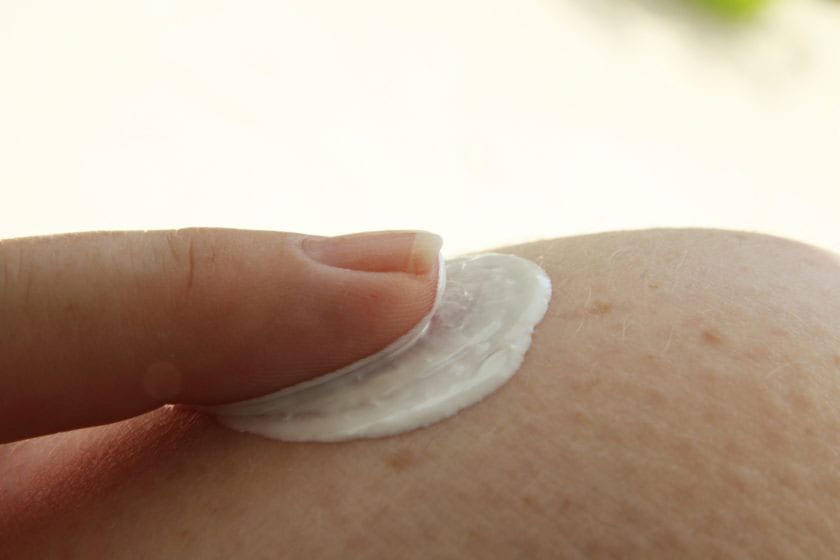Recently, botanical pharmaceutical company Devonian Health Group Inc. (“Devonian”) has been evaluating its product thykamine for patients with mild-to-moderate atopic dermatitis in a Phase 2 clinical trial. In a press release, Devonian shared that the treatment met its primary endpoint: skin clearance (of itchy plaques or lesions).
Thykamine
Within the Phase 2 clinical trial, researchers were evaluated the safety, efficacy, and tolerability of thykamine. This is a cream mono therapy available in 3 strengths: 0.05%, 0.1%, and 0.25%. Devonian discovered and developed thykamine using its proprietary SUPREX platform. In addition to its use for atopic dermatitis, thykamine is a potential treatment option for ulcerative colitis (UC). In prior studies, thykamine showed promising anti-inflammatory and anti-oxidative elements.
162 patients enrolled in this clinical trial. Over a 4-week (1 month) period, researchers compared thykamine to a placebo to determine which contributed to better skin clearance. Patients were dosed 2x each day. Ultimately, the 0.1% concentration was extremely effective. It cleared the skin quickly and showed sustained responses. Both 0.05% and 0.1% also more effectively cleared larger skin areas than the placebo. Additionally, no negative adverse reactions occurred. As a result, researchers determined that thykamine is relatively safe and well-tolerated.
Moving forward, Devonian will continue to evaluate thykamine for atopic dermatitis and ulcerative colitis.
Severe Atopic Dermatitis
Atopic dermatitis is also referred to as eczema. This chronic inflammatory condition causes dry, itchy skin which weeps when scratched. Because of this, patients with atopic dermatitis are more likely to get additional skin infections. Atopic dermatitis varies in severity, ranging from mild cases to severe. Additionally, this condition affects an estimated 30% of Americans. Researchers believe both genetic and environmental factors contribute to the development of atopic dermatitis. In severe cases, patients also often have hay fever, food allergies, or asthma. Atopic dermatitis is more common in cities or areas with dry climates. Additionally, triggers exist which worsen symptoms. Some triggers include specific dyes or fragrances, stress, cold air, or showering without moisturizing after. Symptoms include:
- Dry, itchy skin
- Red, inflamed skin
- Severe itching that worsens at night
- Red or brown skin plaques
Learn more about severe atopic dermatitis here.








